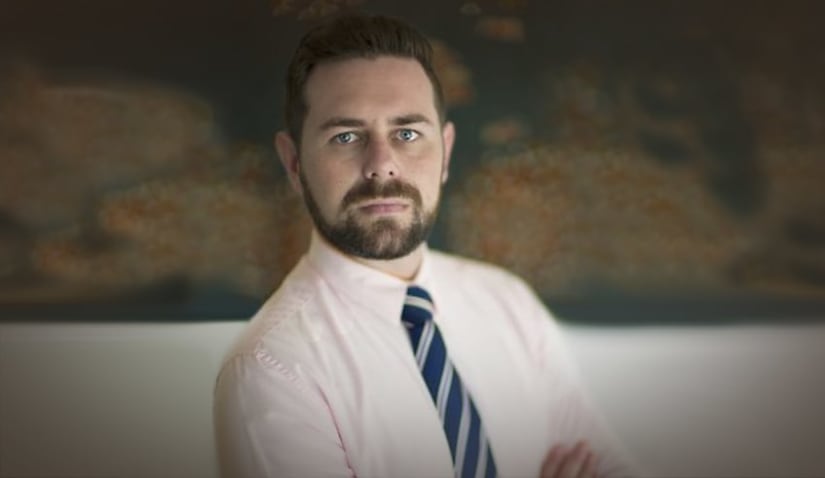When seeking inspiration to be a better leader of a litigation team, playing rugby may not be what first comes to mind. For award-winning lawyer Matthew Littlejohn, however, the rugby field has offered perspective he otherwise may not have gleaned, with some “uncanny” overlaps in professional teachings.

In a recent episode of The Corporate Counsel Show, Matthew Littlejohn, an award-winning barrister who now manages the litigation team at the Office of the General Counsel in Victoria, shared insights into the unexpected parallels between rugby and legal practice, particularly in leadership and team management.
Rugby, often seen as a physically demanding and tactically complex sport, has been a substantial part of his life since moving to Melbourne from Darwin, where he formerly practised as a barrister. Balancing a rigorous training schedule with a demanding in-house role, Littlejohn emphasised the importance of clear communication and setting boundaries to maintain a healthy work/life balance.
“One of the best tools I’ve used has been setting very clear boundaries and communicating about those boundaries,” Littlejohn explained.
This approach not only allows him to manage his time effectively but also sets a precedent for his team, encouraging them to prioritise their wellbeing and personal commitments, alongside their professional responsibilities.
“I say to my team very clearly when the season starts, that Tuesdays and Thursdays, they’ve got a hard cut-off time, and anything that comes in after that time is just not going to be looked at until the next day,” he explained.
“That sets the expectations of my team. and lets them know that if they’re working on something and it gets to the cut-off and it’s not done, they don’t have to push themselves to get it done that evening, because I’m not going to be there to look at it, leave it until the next day. I do the same with my clients as well, and let them know and set those expectations around my availability.”
Moreover, drawing parallels between the dynamics of a rugby team and a litigation team, Littlejohn highlighted the importance of teamwork, strategic foresight, and the ability to lead from within the ranks.
“It’s about not just knowing your own role and what you’re doing next but being able to look across the team and see who is pushing hard, who’s in trouble, where the next move is going to be,” he remarked, drawing a vivid comparison to managing complex litigation cases.
When asked about some lessons he has learned on the field that have subsequently been applicable in a litigious environment, he joked: “I did threaten to tackle someone on the other side once, which is probably not the best blending of the two forums.”
On a more serious note, though, he explained that something he’s learned from playing rugby is the importance of teamwork and being able to lead a team “from the middle of the pack”.
“It’s a bit like 4D chess with people running at you, and it’s exactly the same thing as running a complex piece of litigation, you’ve got to be thinking two steps ahead.”
“You’ve got to have in mind not just what you’re doing, but what your team is doing and what parts of your team you need for those next steps as well, and how to get them in place to make that succeed, all while keeping an eye on what the other side is doing,” Littlejohn continued.
“So, the overlap has been uncanny.”
Perhaps most striking was Littlejohn’s reflection on how rugby has shaped him not just as a lawyer but as a person.
The ethos of the New Zealand’s national side – ‘better people make better All Blacks’ – resonates deeply with him, underscoring the belief that personal development and teamwork extend far beyond the sports field.
This philosophy, according to Littlejohn, is what aligns the seemingly disparate worlds of rugby and law, making each a fertile ground for cultivating leadership, resilience, and a sense of community.
His advice to leaders in the legal community is clear: embrace the lessons from the rugby field and foster a culture that champions teamwork, communication, and wellbeing. As the legal landscape continues to evolve, these lessons may just be the key to navigating the challenges ahead with resilience and unity.
To listen to the full episode with Matthew Littlejohn, click below: